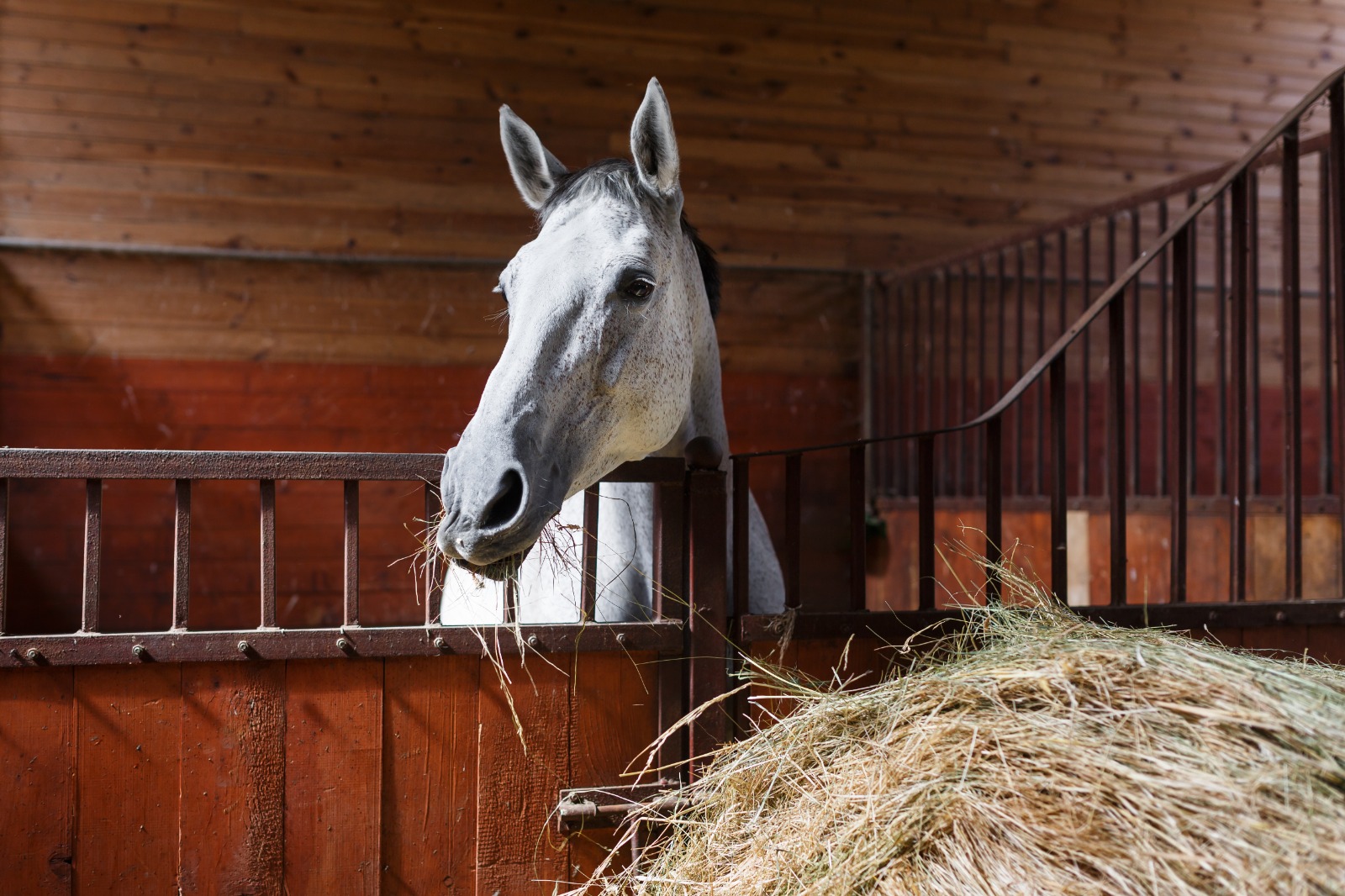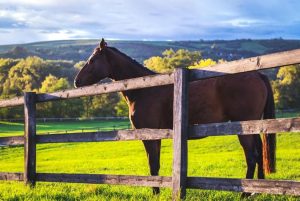 The Project:
The Project:
HRI Welfare team will subsidise an Environment and Nutrition support package for those new trainers obtaining their licence and ITBA next generation stud farmers who wish to be part of the programme.
Aims:
The aim of the project is to educate new business owners with the latest testing available. It helps establish best practice early in a career and business set up regarding equine welfare from a feed and environment perspective.
Testing will include an assessment of the overall environment, and assessing in detail water, feed, forage, bedding, soil and facility quality.
Benefits:
It ensures increased and ongoing education and knowledge transfer giving peace of mind to new business owners and staff working with them.
It provides the opportunity for new trainers and studs to increase awareness of issues and have somewhere they can turn to, to help rectify or modify processes and practices.
Trainers and studs will be kept up to date on industry & environmental issues and benchmarking.
It increases engagement with a younger cohort.
It puts the health and wellbeing of the horses, environmental issues, and sustainability at the heart of daily routines ensuring we remain curious, open to change and build a growth mindset towards looking after thoroughbreds.
It not only centres on horse health and wellbeing but ensures a lighter touch on the land. We can use data to change mindsets, behaviours and debunk myths.
It is aimed at prevention rather than treating after the fact and proposes pre-emptive methods which produces marginal gains. It increases awareness about the value of testing to get the best results.
Annual Report:
Annually, an anonymised report compiling all the data plus recommendations will be submitted to HRI. We hope this report will help inform policies, education and training and influence routine practices around thoroughbreds with the aim of improving health conditions.
Environmental and Nutrition Department at the Irish Equine Centre.
Fungal Testing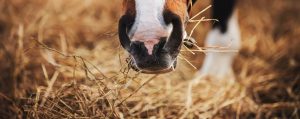
The largest area of work we do in terms of racehorses is fungal testing and most importantly the pathogenic mould Aspergillus. Aspergillus causes immunosuppression in all animals. It is imperative that horses in work are not exposed to the mould. Aspergillus will cause respiratory infection and reduced performance.
 Nutrition and mineral Testing
Nutrition and mineral Testing
Depending on the time of year Forage or grass will make up the majority of the horse’s diet even when in training, for this reason we need to know exactly what the horse is intaking, therefore concentrate feed and supplements can be adjusted accordingly.
Water Testing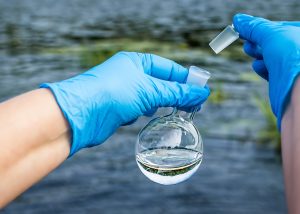
Water testing completes the picture in terms of what your horse is intaking. Water testing is often overlooked in terms of equine performance, but your horse can take in up to 50 litres of water per day. If there is an issue with your water this will compound over time and result in secondary issues. Hygiene and chemical water testing will determine if it is safe for drinking in terms of bacteria and minerals. Providing exactly what is contained in your water in terms of essential and antagonistic minerals.
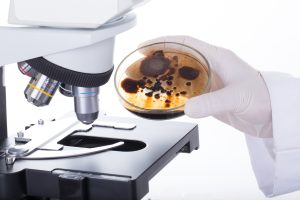 Mycotoxin testing
Mycotoxin testing
Mycotoxin testing is also an important area of testing in terms of racehorses. Mycotoxins are microscopic spores produced by moulds and can have a large effect on performance, fertility, and health. We aim to see zero incidence of mould or mycotoxins in the yard, working with trainers to achieve this.
NOPS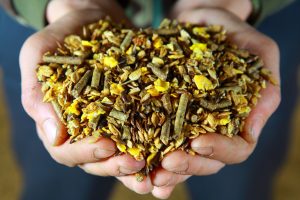
Naturally occurring prohibited substances are also tested at the centre by LCMS. We are mainly working with feed and supplement companies in this area however individuals can also have their samples tested for peace of mind.
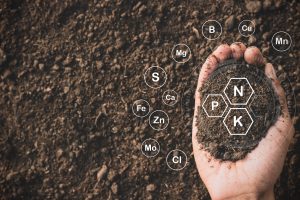
Soil Testing
Teagasc research has proven that by simply correcting the soil pH 20% more grass can be grown.
Multiple case studies completed by Teagasc have shown large savings in farm costs when soil testing has been conducted on the farm. Saving on lower fertiliser and additional feed requirements.
Data collected from Agri sight found that by increasing the soil organic matter 1-3% can reduce erosion by 20-30 % due to water filtration and stable soil aggregate formation.
Basic and comprehensive soil testing is available at the centre. For a very relatively cheap test huge improvements and savings can be made.
These tests above will see ground level improvements in the industry through marginal gains which will compound over time seeing a more efficient, effective, and sustainable industry. Controlling the controllable aspects of the horses environment will have a direct correlation with improved performance.

